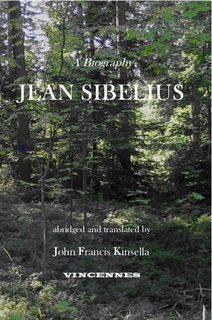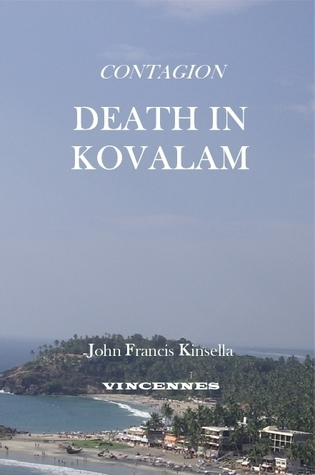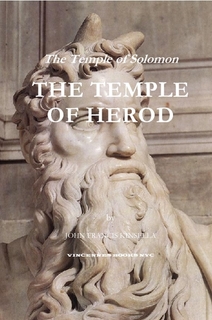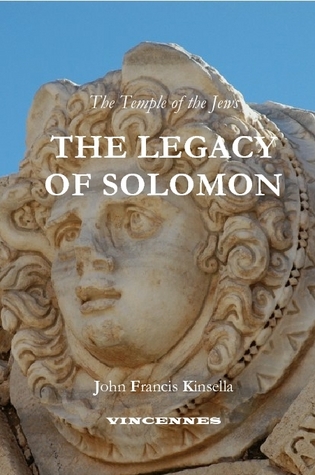|
Jean Sibelius |
 |
| A biography of Jean Sibelius |
|
| This is a
translation from the French into English
of the book by the author indicated
below. A long slog of 1,150 pages - the
longest biography of the composer. On
completion of the translation the author
is believed to have said: 'Thank you.' |
|
Who cares about the
forest... |
|
Based on a real story that
took place in the nineteen eighties in
Indonesia, this novel tells the of how
industrialists, politicians and businessmen plan
to build a huge pulp and paper complex in the
heart of Borneo using the primary rainforest as
a source of raw materials. Some twenty years
after the events this dream has been transformed
into reality of a huge scale in spite of the
endless warnings. Those interested in the future
of the planet will be sad to realize their
struggle is futile. |
| The author is seen
here waist high in the grass that invades
deforested zones. |
|
| A story set in the small seaside town of
Kovalam in Kerala, India |
 |
|
This is a story of the
subprime crisis set in Kovalam where British
tourists of different backgrounds are caught up
in an epidemic of disease. Each of the
characters is at the same time embroiled in
another form of contagion back home in the UK. |
| Castro is almost gone.
This book is a story of how a naive Irish
businessman and a fellow countryman - an
unscrupulous - seek to help Castro build a
monument to his declining regime. The country is
prey to the Russian Mafia and drug cartels, each
seeking a slice of the cake after the fall of
the bankrupt regime. |
|
This page is designed for travellers who seek
something a little different from those dreary
five star hotels that hardly vary from New York
to Dubai to Singapore to San Francisco |
|
For French readers |
 |
Jean Sibelius
the biography written in French by the
musicologue Marc Vignal published by Fayard. An
English translation is available from John
Francis Kinsella (see above right). |
|
|
|
|
What does
the future hold for us. This
book gives one vision of the the
future could hold for France on
its trajectory that breaks with
the past with the arrival of a
new population from Africa that
does not share the traditional
values of this old European and
Christian nation. The prism
imagines a world after oil, a
world where the Middle East no
longer matters, a world where
political correctness is no
longer the order of the day, a
world that does not refuse the
ideas of Isabel la Catolica. |
|
|
|
A rebel of the thirties |
|
|
| Annemarie
Schwarzenbach a Swiss rebel was born
into one of that country's wealthiest
families in 1908. She became a writer,
traveller and journalist - one of the
first European women to venture into
Afghanistan by car in the thirties with
Ella Maillart. She was a friend of Klaus
and Erika Mann, and saw the dangers of
Nazism and Communism. She travelled to
the Orient, the USA, Africa and across
Europe during the troubled decade that
led up to WWII. Addicted to drugs with a
love of other women she was modern before
her times. Her short life ended in a
tragic accident in 1942. This most
interesting biography was written by the
French author Dominique Laure Miermont a
specialist in the life of this modern
Swiss heroine. |
|
| The Lost Forest. A
specialist in Asian Art discovers a partial
human skull in the border region between
Malaysian Sarawak and Indonesian Kalimantan on
the Island of Borneo. Experts identify it as
being the remains of a specimen of Homo erectus,
however it is not a fossil. Had Homo erectus
survived until recent times. This novel takes
readers on a journey across Asia and Australasia
in search of the story of early man and the
conflict between competing schools of
anthropology. |
|
| What happened to
the Temple built by Herod the Great? This is a
history of the Temple of the Jews and Jerusalem
from the most ancient times to today. |

| The
Temple of the Jews was destroyed
by the Roman Legions in 70AD
razed to the ground and the Jews
were expulsed and sold into
slavery. The history of
Jerusalem and the Bible story
come down to us through the
mists of time mixing fact with
legend, the story of a nation
with mythes, unremarked by the
great civilizations whose
tectonic fault lines meet in a
land that was to become Israel. |
|
 |
| The Legacy of Solomon.
The Middle East is the legacy of Solomon with
claims and counter claims to the Holy City of
Jerusalem with Jews and Arabs fighting an
ongoing war that has lasted three quarters of a
century as Christians look on torn by their
philosophical and religions traditions and the
reality of modern archaeology. This story is
that of a writer investigating the findings of a
strange Jewxish archaeologist who believes he has
found a solution to the problem of the Temple
site. |
|